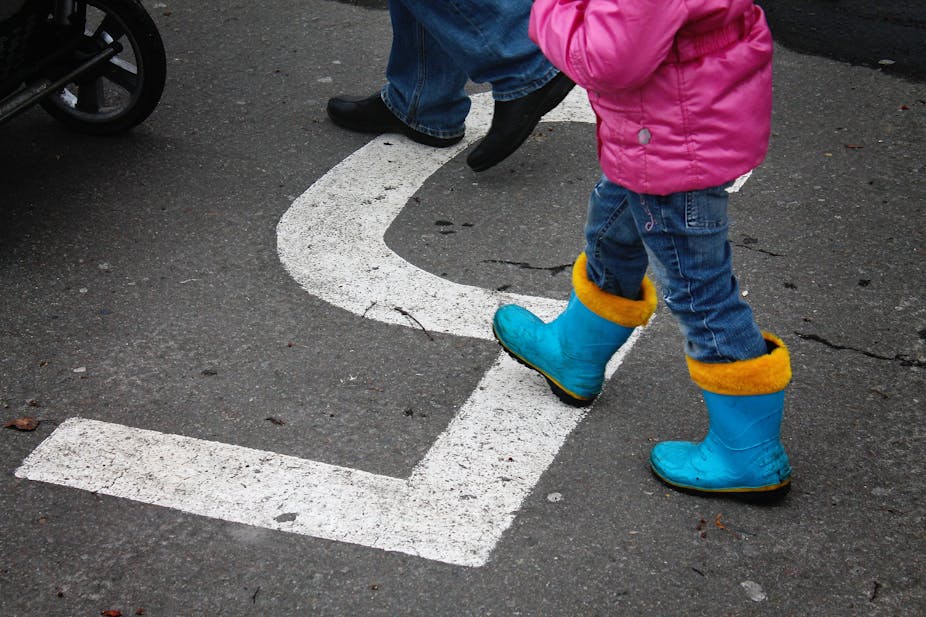The prime minister’s new challenge on dementia 2020, six years on from the announcement of a national strategy, has some very ambitious goals: to become the country with the best dementia care and the best research into dementia and other neuro-degenerative diseases by 2020.
To achieve these goals, the new report outlines 18 priorities including improved diagnosis and awareness of the condition, post-diagnostic support, better NHS staff training and more dementia-friendly settings. A great deal has changed since 2009, especially around awareness, so where are we with some of these key priorities?
Awareness – a nut we’re starting to crack
In the week that Julianne Moore won an Oscar for best actress for her performance of a woman with early-onset dementia in the film Still Alice, it’s clear that dementia is entering the public consciousness beyond those with the disease and their family and carers. The Dementia Friends initiative now has a million members and the “dementia detectives” gets researchers into schools to explain what dementia is all about.
But for a disease that has so often been described as a ticking time-bomb and one that is so debilitating – causing problems with memory, increased agitation or wandering and problems when doing daily tasks, in most cases leading people to be admitted into costly care homes – it’s clear that we still need to find a way to understand it is a problem for all of us, sooner or later at least.
Dementia-friendly places

Making hospitals and care homes more dementia friendly is a also key priority. But others can do more to make things better for people with dementia. For example, last year easyjet airline raised its dementia-friendly profile by introducing policy to accommodate people with dementia better during their flights. This is important. Awareness of and care for dementia should not be restricted to hospitals and care homes. What about hotels? People still want to go on holidays, but may feel reluctant if these are not adapted to their possible needs.
More people signing up for research

It goes without saying that if we want to help people with dementia and their family carers we need to continue doing world-class research. But to do this, studies often struggle in recruiting participants, whether that is people with dementia or their carers. As the prime minister suggests, we need to increase the number of people with dementia actively taking part in research. That is why the new national initiative Join Dementia Research has been launched. Anyone can sign up, from healthy volunteers to people with the disease. I already have.
Recognising symptoms
Reducing the risks of developing dementia and trying to recognise the symptoms as early as possible are critical. But how do we support the people with dementia and their families afterwards? The dementia challenge report mentions education, access to services, and specialist support. These are all important. But what seems to be missing is a greater focus on the value of non-pharmacological interventions. That is, how effective modifications to the home or training carers to improve coping with difficult behaviours or cognitive training can be.
There is very little mention of the positives of this support. Indeed, we can maintain or prolong independence for longer, but there are still many avenues we have not explored yet. New drugs aren’t the only thing we need to focus on.
Care after diagnosis
Social care after the diagnosis is really important. Not only through interventions, but also through day care centres or formal carers helping the family on a daily basis. It is questionable though how this key priority of post-diagnosis support can be achieved in the light of drastic social care cuts.
Looking back at 2009, the profile of dementia has definitely been raised. But we still have a long way to go. Overall, the prime minister’s new strategy is very ambitious – and only this level of ambition can really help us create better support, and friendlier and more understanding environments for people with dementia and their families. Dementia affects us all and in the long-run we all need to get involved if we’re to deal with it.

